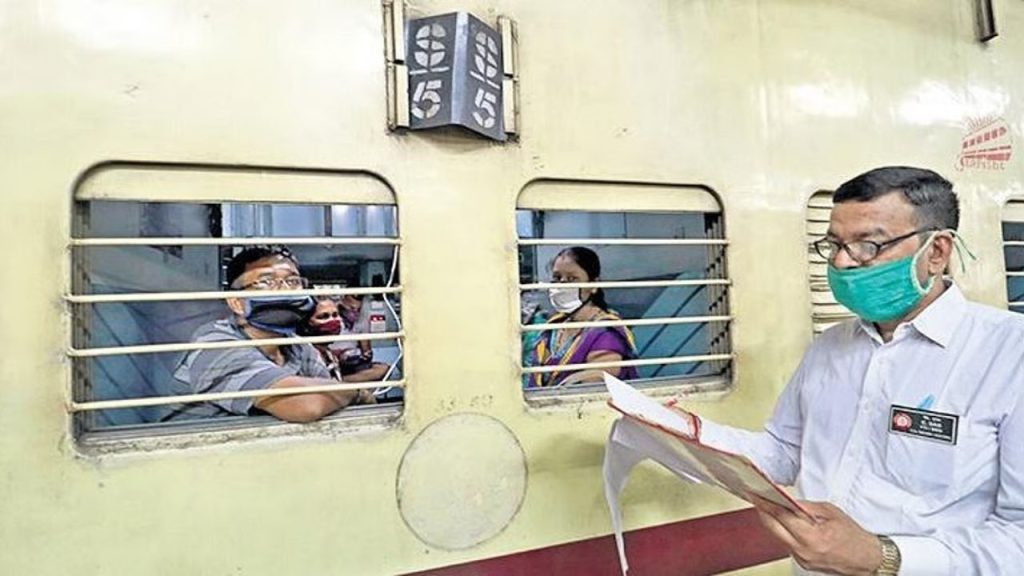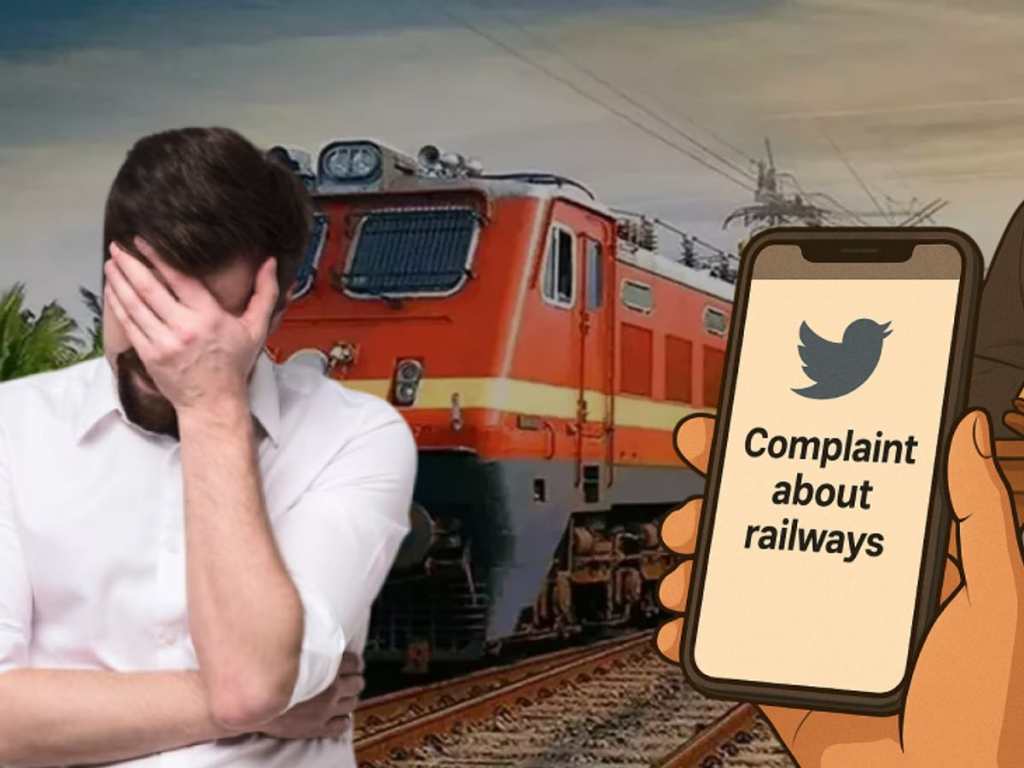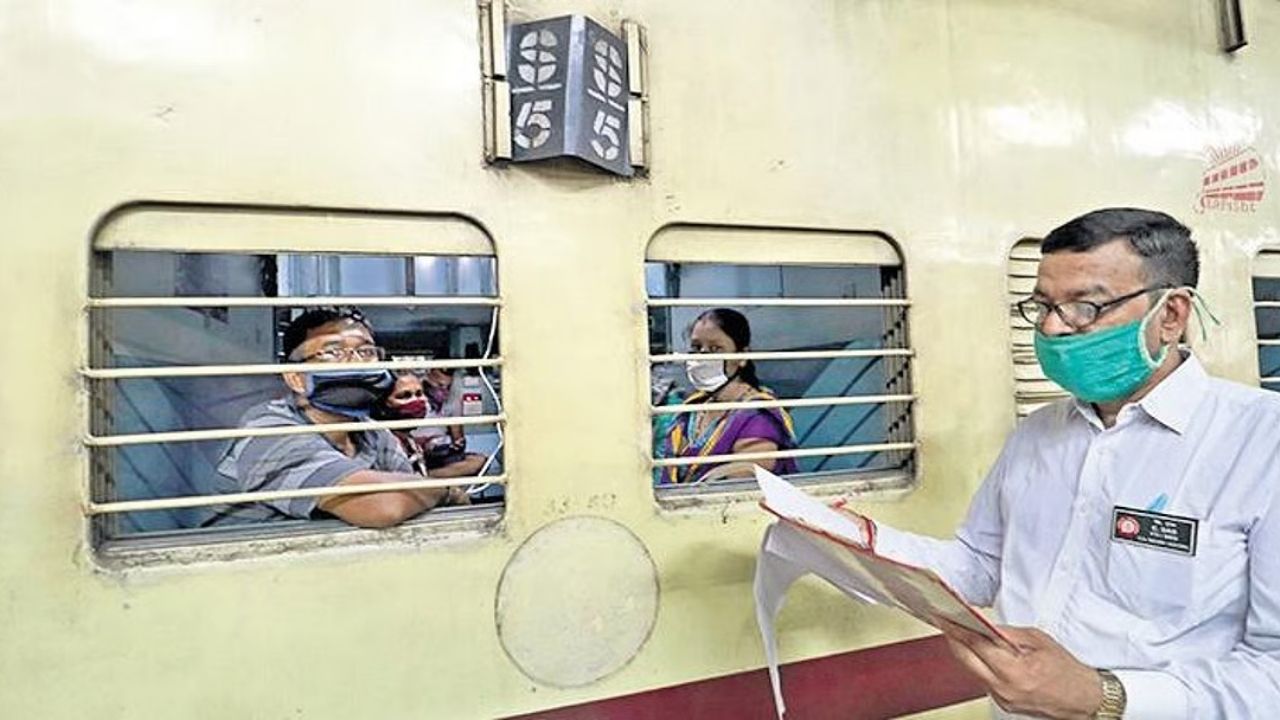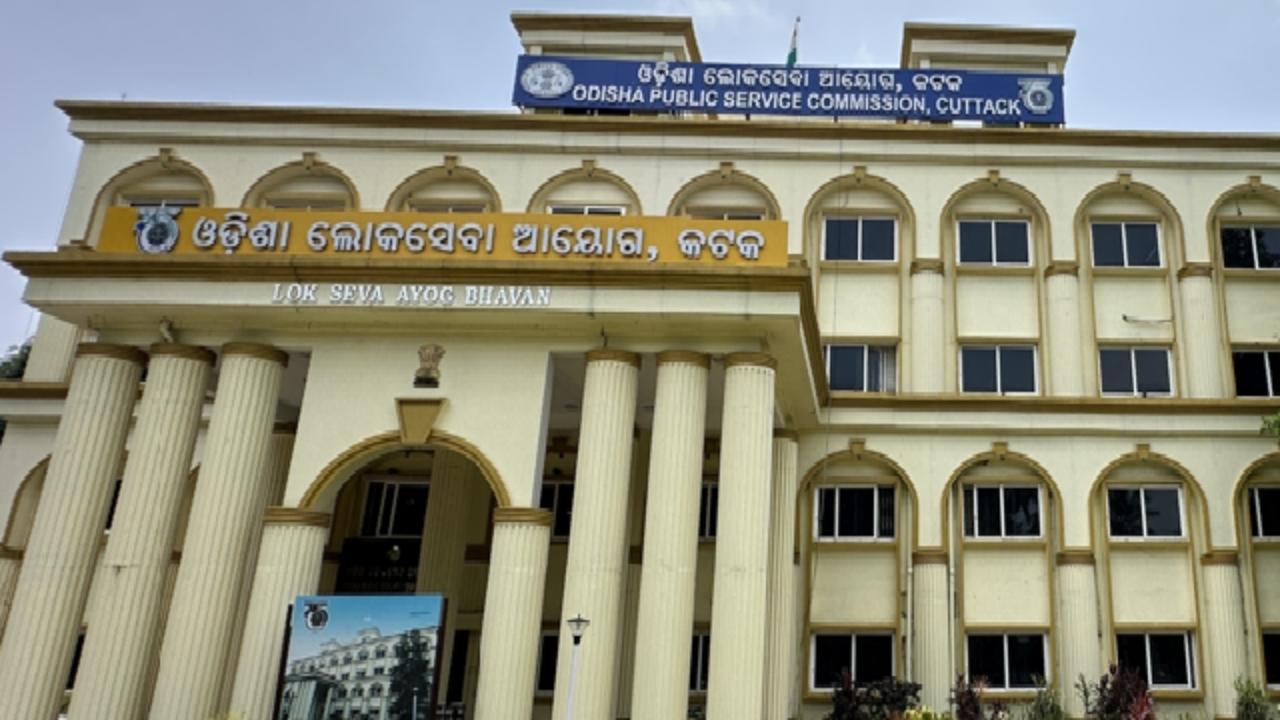+BERHAMPUR, India – A dispute over a ₹15 ($0.18) charge between a Travelling Ticket Examiner (TTE) and a passenger aboard an express train escalated into a physical altercation, prompting Indian Railways to suspend the staff member pending a full investigation. The incident, captured on video and widely circulated online, has highlighted ongoing concerns about conflicts and communication breakdowns on one of the world’s busiest rail networks.

The event took place on the Chennai-Howrah Superfast Express as it was nearing Berhampur station in the eastern state of Odisha. The initial disagreement reportedly stemmed from a fare difference, which quickly devolved into a heated argument and then a physical scuffle between the TTE, identified as Santosh Kumar, and a passenger. Officials have launched a formal inquiry into the TTE passenger dispute to determine the sequence of events and culpability. Indian Railways
The Incident Onboard
According to preliminary reports from the East Coast Railway (ECoR), the conflict began when the TTE approached the passenger to check his ticket. An argument ensued over the payment of ₹15, a nominal amount that is typically charged for specific fare adjustments, such as a reservation fee for an un-ticketed passenger or a minor upgrade difference.
A video recorded by another passenger shows the two men in a physical confrontation inside the train coach. The footage shows both individuals pushing and striking each other, while other passengers attempt to intervene. The video quickly gained traction on social media, drawing a swift response from railway authorities.
“We have taken serious note of the incident,” a senior official from the ECoR said in a statement. “Misconduct and indiscipline are not tolerated. The concerned TTE has been placed under suspension with immediate effect, and a thorough departmental inquiry has been initiated.”
Both the TTE and the passenger involved have filed complaints with the Government Railway Police (GRP) in Berhampur, each accusing the other of initiating the assault. The GRP has registered cases based on both complaints and will conduct its own investigation parallel to the internal railway inquiry.
Investigation and Official Response to the TTE Passenger Dispute
The investigation aims to clarify the precise cause of the initial disagreement over the ₹15 charge. Under Indian Railways regulations, TTEs are authorized to collect excess fares and penalties. These can include reservation fees for passengers boarding without a reservation, superfast surcharges if a passenger with a regular ticket boards a superfast train, or fare differences for extending a journey.
However, the protocol for such transactions is a critical part of the investigation. Railway officials will examine whether the TTE followed correct procedure, including offering a valid receipt for the charge, a point often contested in such disputes.
“The inquiry will look into all aspects—the reason for the fare demand, the conduct of the TTE, and the passenger’s response,” explained a railway spokesperson. “Accountability is paramount, whether it applies to staff or passengers.”

Broader Context: Onboard Conflicts and Passenger Rights
This Berhampur incident is not an isolated case. The high-pressure environment of Indian Railways, which serves over 20 million passengers daily, sometimes leads to friction between passengers and staff. Railway unions have previously pointed to the immense stress on TTEs, who are tasked with managing crowded coaches and enforcing complex ticketing rules.
Conversely, passenger associations advocate for greater transparency and better training for railway staff in conflict resolution. They emphasize that passengers should be fully informed of their rights and the reasons for any additional charges levied during their journey.
Dr. R. K. Singh, a transport policy analyst, commented on the systemic nature of these issues. “This isn’t just about one TTE or one passenger,” Dr. Singh noted. “It reflects a systemic need for clearer communication protocols and de-escalation training for frontline staff. The ₹15 is symbolic; the real issue is a breakdown of trust and procedure.”
Indian Railways has digitized many processes to improve transparency, including the Rail Madad portal and app, which allows passengers to lodge complaints in real-time. Officials encourage passengers to use these official channels to report grievances rather than engaging in altercations.
The rules governing ticket checking empower a TTE to collect dues but also mandate professionalism. A TTE must carry a badge and an ID card, and upon collecting any charge, they are required to issue an Excess Fare Ticket (EFT) as a receipt. An investigation into the TTE passenger dispute will likely scrutinize whether these protocols were followed.
As the inquiry proceeds, its findings will be crucial in determining disciplinary action and could inform future policy changes aimed at preventing such events. The outcome will be closely watched by millions of daily commuters who rely on the professionalism of railway staff and the civility of fellow passengers for a safe journey.
Odisha Sets the Stage for Digital Finance Growth with New Fintech Capability Hub
Odisha to Celebrate PM Modi’s 75th Birthday by Planting 75 Lakh Saplings
Lord Jagannath’s Image on Doormat Sparks Fury in Odisha, AliExpress Demands Apology
FAQ
1. What are the official powers of a Travelling Ticket Examiner (TTE) on Indian Railways?
A TTE is authorized to check tickets, verify passenger identities, and allot vacant berths. They can collect excess fares, penalties, and other due charges from passengers traveling without a valid ticket, with an improper ticket, or those seeking an upgrade, as per railway rules. They are required to issue an official receipt (EFT) for any payment collected.
2. What should a passenger do if they disagree with a charge from a TTE?
Passengers who dispute a charge should first request a clear explanation and an official receipt for any payment made. They should note the TTE’s name and ID number. Subsequently, they can file a formal complaint through the official Indian Railways portal Rail Madad, its mobile app, or by writing in the complaint book available at major stations and with the train’s guard.
3. How did this TTE passenger dispute come to public attention?
The incident gained widespread attention after a video of the physical altercation, recorded by a fellow passenger on their mobile phone, was uploaded and shared extensively on social media platforms. This prompted a quick public response from railway authorities.




